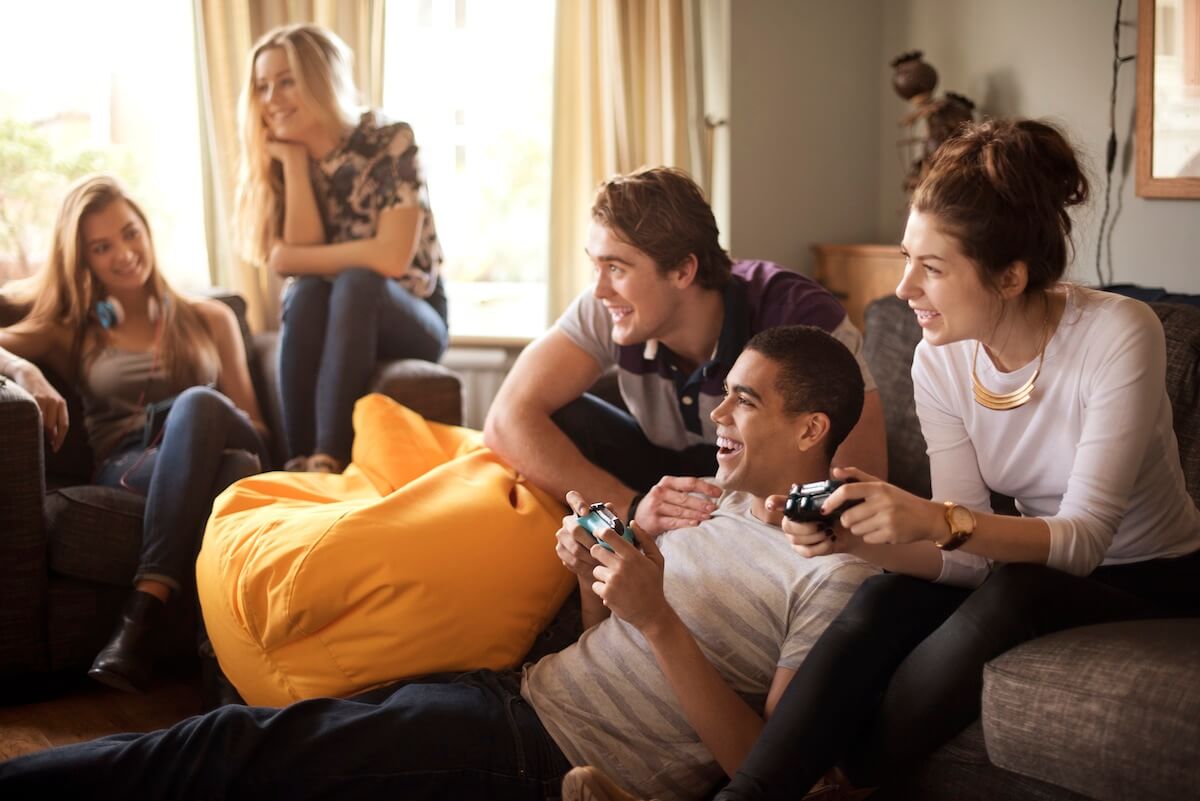When you think of video games, the impression probably isn’t good: mindless button-pushing, no socializing, wasting time. Game designer Jane McGonigal is out to prove that just isn’t so.
The U.S. has an estimated gamer population of 183 million. That’s not an anomaly, and neither are the reasons we play. McGonigal challenged the perception of who a gamer is in her previous book, “Reality Is Broken.” RELATED: Brooklyn Strategist builds hand-on gaming community This time around with “SuperBetter: A Revolutionary Approach to Getting Stronger, Happier, Braver and More Resilient — Powered by the Science of Games,”she investigates the science of gaming using over 500 studies, and how to turn it into a tool for living a better life. “SuperBetter looks at about 20 years’ worth of scientific research about how games change the way we respond to stress and challenge,” she tells Metro. “Playing games regularly actually helps us build and practice psychological strengths that are really important when we’re facing tough obstacles in our real lives.” RELATED: 7 great video games for grown-ups In fact, McGonigal makes the case for games’ role in helping the most vulnerable in society. She designed the game to recover from her own traumatic brain injury in 2009, and people have used it to deal with problems ranging from anxiety to chronic pain and even post-traumatic stress disorder. We asked her how picking up a controller can put more control of our real lives.
The opposite of play
When we think of games as a way to waste time, it’s easy to say the opposite of that is working. But McGonigal says that, in fact, it’s depression. “When we’re playing, we activate the parts of the brain associated with willpower, motivation and optimism,” she says.
It’s science: Video games make you a better person

iStock














